If a debtor does not pay back a secured loan, the creditor has the right to take the property away from the debtor and retain it under state law and the loan contract (or sell it to satisfy the debt). But in real-life practice, it is NOT that simple! There are 5 important things anyone needs to understand about collection laws.
BBLaw is a creditor’s rights legal company that serves nationwide. With our active support, you can recover an unpaid debt legally and get the money due to your company back.
We provide no-obligation consultations to anybody who owes money to a debtor or has been sued under the Bankruptcy Code’s Sections 542, 547, or 548, or other possible disputes between you and the debtors.
If you have a problem with debtors, here are five things you need to know!
#1 Creditors’ Rights Protected When Debts Are Difficult to Collect
It’s critical that you understand your rights as a creditor and what you need to do to maximize your chances of recovering your debt if one of your debtors files for bankruptcy or defaults on payments and doesn’t react to your collection attempts.
You’ll have different options based on whether you’re filing for bankruptcy. You may get aid from a creditor’s rights attorney in this regard.
#2 The Option if Debtors Cannot Pay the Debt
The company (as the “creditor” to whom the debt is due) has numerous options for collecting money from a client who has defaulted on his or her obligations (as the “debtor”). Self-help remedies (also known as “non-judicial” remedies) and judicial remedies (sometimes known as “judicial” remedies) are among these options.
Collection Agencies and “Self-Help” Remedies
Debt collectors often begin their debt collection efforts outside of the courtroom. The debtor may be contacted personally by the creditor and asked to pay. If these efforts fail, the creditor may transfer the debtor’s account to a debt collection agency.
Collection agencies are required to follow strict guidelines designed to prevent unfair tactics. According to the Fair Debt Collection Methods Act (FDCPA), debtor contact is limited to certain times and places, and misleading practices are prohibited. Debt collectors may be held liable for damages if they break a law.
The Fair Debt Collection Practices Act (FDCPA) only applies to people who frequently collect debts owing to someone else, not to creditors who collect their own obligations.
Secured Transaction
Sale or loan agreements in which the debtor grants the creditor title to the debtor’s property in exchange for payment of the debt are examples of secured transactions. If there are conflicting claims to the property or the sale profits, a secured creditor takes precedence over an unsecured creditor.
The creditor must, however, “perfect” its security interest, often by completing certain needed paperwork, in order to achieve this higher status. Home and auto loans, on the other hand, are often backed by the property being acquired. If a borrower fails to pay back the loan, the automobile may be taken back by the lender if the loan is secured.
Court Remedies In Regards To Collection Laws
There are situations when creditors will take legal action in an attempt at debt collection. The creditor may be allowed to confiscate the debtor’s property even before a court has made a decision in an emergency case.
It is suitable in case the perishable items or property that would quickly depreciate in value if left in the debtor’s possession. These drastic measures should only be used after all other options have failed.
Replevin and Attachment
Replevin and attachment are pre-judgment remedies comparable to garnishment. They are two of the most popular options.
When a debtor fails to repay a loan, the creditor who maintains title to the property may reclaim it via a replevin lawsuit.
There are collection laws to protect this. If the lease payments are not paid, a furniture lessor, for example, may be allowed to take back its goods, although this is frequently subject to notice and hearing procedures.
If the property is at an urgent risk of destruction, or if there are other extraordinary circumstances, these restrictions may be waived. Replevin is when the county sheriff takes property from someone and gives it back to them.
State laws govern the process of attachment, and the specifics differ from one state to the next. After a court hearing, an order permitting the creditor to seize the debtor’s property or the title to that property is often issued. Attachments, like replevin, may only be used when the debtor is ready to sell the property.
Lawsuits and Liens Related To Collection Laws
If none of the above options work, the creditor has the option of filing a lawsuit to recoup the amount. If the creditor establishes its case or if the debtor does not challenge the claim, the judgment will be enforceable.
When the creditor gets a judgment, he or she may use the local sheriff’s aid to seize enough of the debtor’s property to satisfy the obligation. Sheriffs can take real estate from people who owe money. They can also register the creditor’s claim on the property.
The sheriff may arrange a sale of the property, and the earnings can be used to pay off the debt. A lot of times, there are a lot of different creditors, and the order in which they get paid is usually based on how long they have been owed money.
A lien is another sort of legal claim on the property of the debtor that serves to secure repayment of the debts owed. Liens come in a variety of forms:
- Judgement liens: It is possible that the debtor’s failure to challenge a creditor’s claim may result in a judgment lien being placed on his or her property. There will be a judgment in favor of the creditor and a lien placed on their property in accordance with that judgment, which means that they will be able to take possession of their property.
- Materialmen’s and Mmechanics’ liens: These are two instances of property interests that guarantee the creditors’ recovery. If you don’t pay your debts on time, you might be forced to foreclose on your home by a credit card company that has a lien on your property.
Involuntary Bankruptcy
As a last resort, there are further collection laws, creditors may be able to file for involuntary bankruptcy if they are unable to recover their debts via any of the above methods.
It is possible that the petition will be accepted and that the debtor will be compelled to sell its assets in order to pay off its obligations, or that the debtor will be allowed to present a reorganization plan outlining how it would pay its debts.
There are serious consequences, including punitive damages, for creditors who bring such a lawsuit in bad faith.
#3 Creditors’ Rights for Secured Claims
It is common for a deed of trust, mortgage, security agreement on personal property such as an automobile, or judgment lien to provide secured creditors’ rights.
A lien on property gives creditors the right to obtain a value equal to the debt or collateral, whichever is lower. A trustee’s use of secured property, which reduces its value, may also be used to collect money from a debtor, as can lawyers’ fees and interest.
There are certain Chapter 7 cases where it is permissible to redeem a consumer debt secured by real property. The debtor buys back the collateral with a lump payment equal to the collateral’s replacement value.
In many cases, the cost of repair is more than the amount owing on the loan.
A debtor and a creditor may disagree on the replacement value of a property, in which case a court may convene a valuation hearing and decide the value. The debtor is the only and exclusive owner of the property once it has been redeemed.
After filing for Chapter 13 bankruptcy, a debtor has three options: relinquish the collateral, pay off their debt over 3-5 years, or pay down the debt outside of the reorganization plan, which is generally quicker.
#4 Creditors’ Rights for Unsecured Claims
Unsecured creditors do not have the same rights as secured creditors, who are entitled to the lesser of the debt’s worth or the value of the collateral. As a general rule, unsecured obligations, like medical debt or most credit card debt, are prioritized the lowest.
You have the right to protest the discharge as an unsecured creditor by submitting a proof of claim, attending the first meeting of creditors, and submitting written objections. You may examine the bankruptcy paperwork to see if there are any mistakes.
Taking the debtor’s deposition may be permitted by the court if you wish to ensure that you are repaid in full, taking into account the debtor’s assets and other liabilities.
Many unsecured creditors will not be paid in Chapter 7, but they may not be paid in Chapter 13 if the debtor has a lot of priority and secured debts.
It is possible that, in certain situations, the bankruptcy trustee may seek a creditor to refund money that was paid by a debtor prior to declaring bankruptcy. To avoid violating the bankruptcy rules, a debtor cannot favour one creditor over another.
Unless you fulfill the conditions for one of the defenses, the bankruptcy trustee may recover any payments made on a prior obligation during the 90 days prior to filing for bankruptcy. If you are a family member or friend of the debtor, you may be able to recover payments made on a previous obligation within the year prior to the filing date.
#5 If You’re Sued by a Creditor or Trustee, What Should You Do?
The greatest defense lawyers in preference lawsuits are those who also seek avoidance claims in other instances. There is no one-size-fits-all approach to determining whether a payment is avoidable under the Bankruptcy Code, but rather a case-by-case analysis of the possible defenses.
We’ve seen far too many of these frivolous lawsuits filed with the intention of obtaining an unfair settlement as quickly as possible. Consider contacting BBLaw if you find yourself the target of such a lawsuit or this specific demand. Or if you have general questions about collection laws.
Lawsuits filed under sections 547 and 548 of the Bankruptcy Code are handled by some of the most seasoned lawyers in the country. Despite the fact that the payment was made before the debtor filed for bankruptcy, sections 547 and 548 of the Bankruptcy Code require you to return it.
If responsibility is in doubt, we will fiercely defend you and give you the greatest chance to retain your hard-earned money.
As a result of our lawyers’ familiarity with recent avoidance action case law, BBLaw has a distinct advantage when it comes to defending clients against such actions.
Even more impressive is that BBLaw issues its own quarterly report, the Avoidance Action Report, which focuses only on avoidance efforts. Please click here to view previous editions of the Avoidance Action Report. Click here for more information about BBLAW’s avoidance action experience.
To protect your rights under the Bankruptcy Code, BBLaw will vigorously defend you against claims for restitution brought by a creditor or trustee. The Bankruptcy Code’s setoff provisions may also be used by BBLaw to assist you in avoiding paying money owing to bankrupt estates. We know collection laws backwards and forwards.
What Now?
Customers must pay their bills if you want to be successful in business. Speaking with a collections attorney may help your company better understand your legal choices and how to go about collecting debts from consumers in your specific circumstance.
BBLaw attorneys have a great deal of “preference action” expertise, having been engaged in dozens of these lawsuits on behalf of clients. Your legitimate earnings may be recovered by BBLaw because of its unique understanding of how debtors pursue such lawsuits.
Have Any General Questions About Collection Laws?

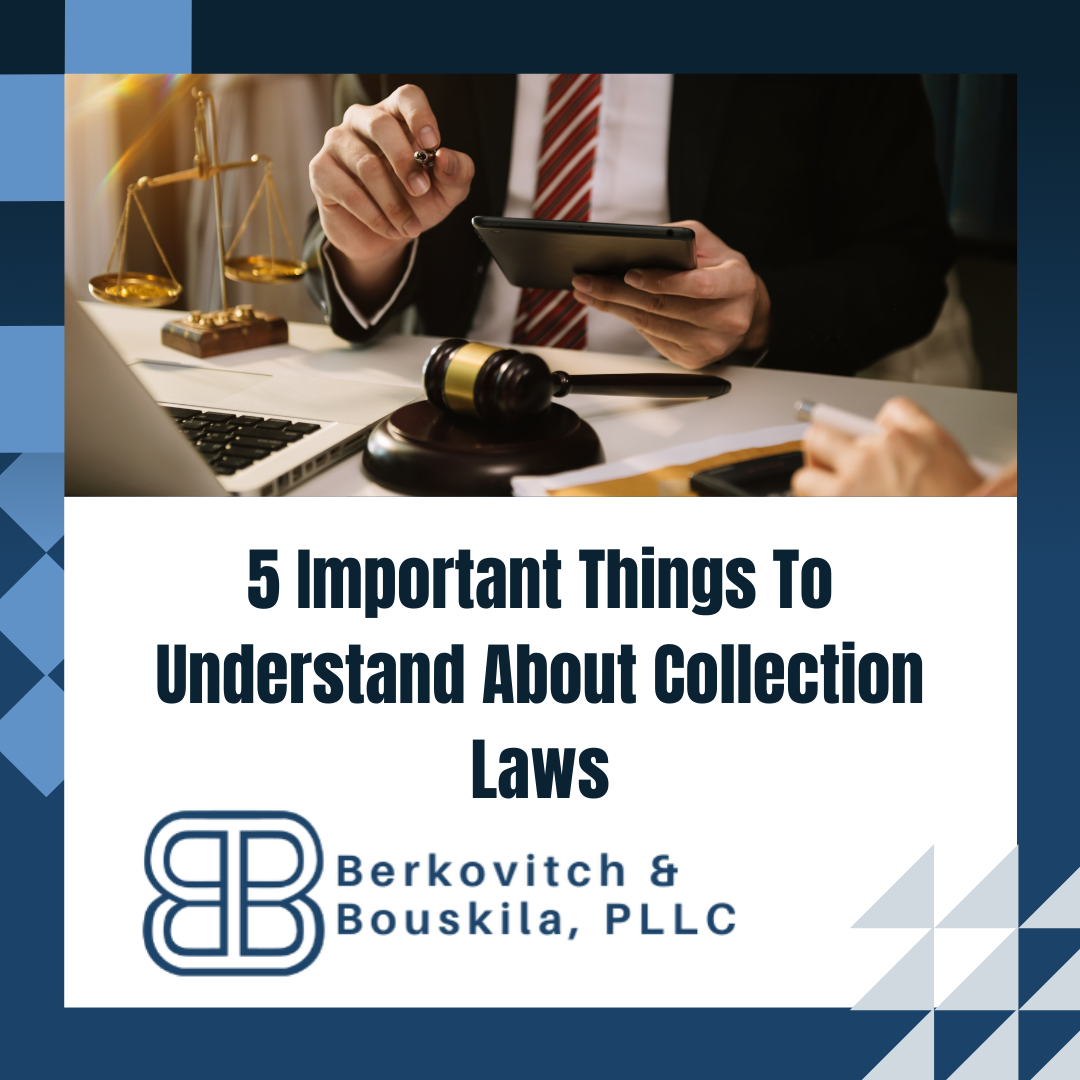
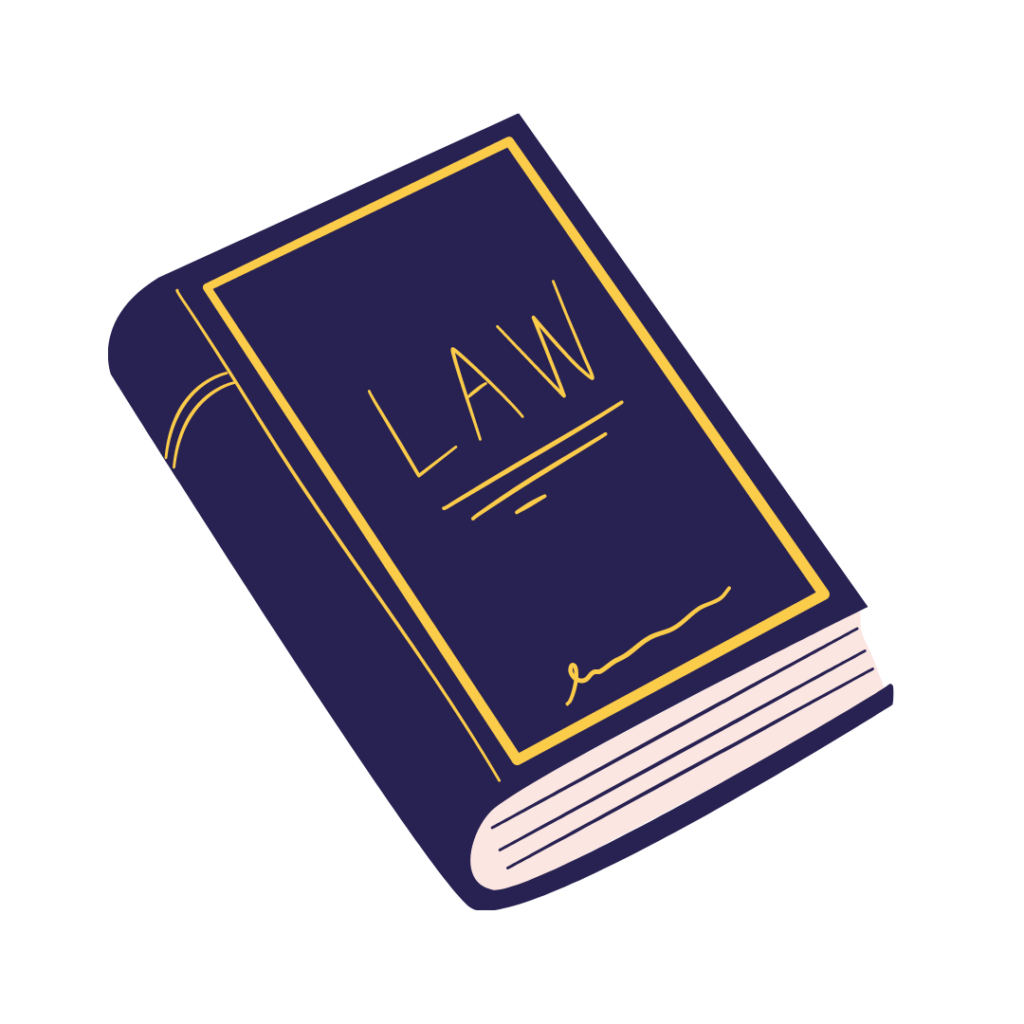
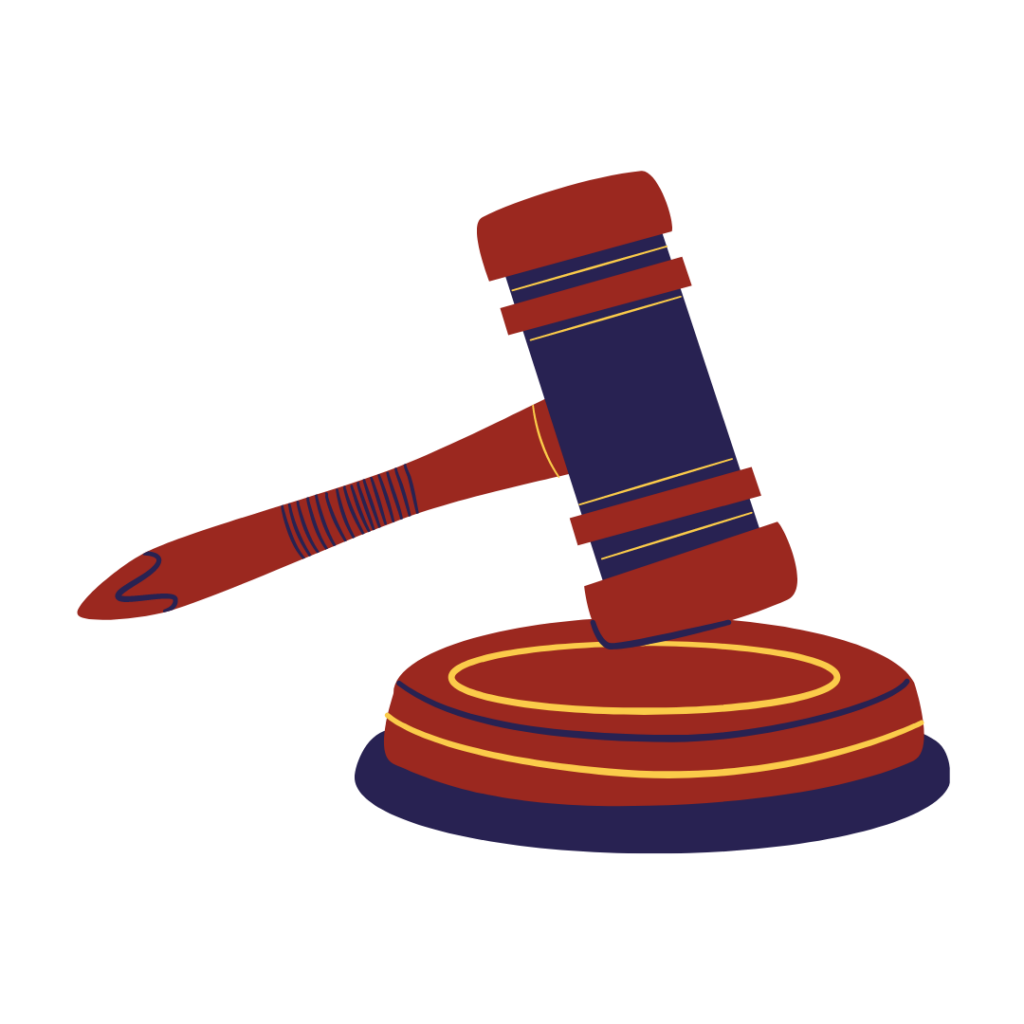
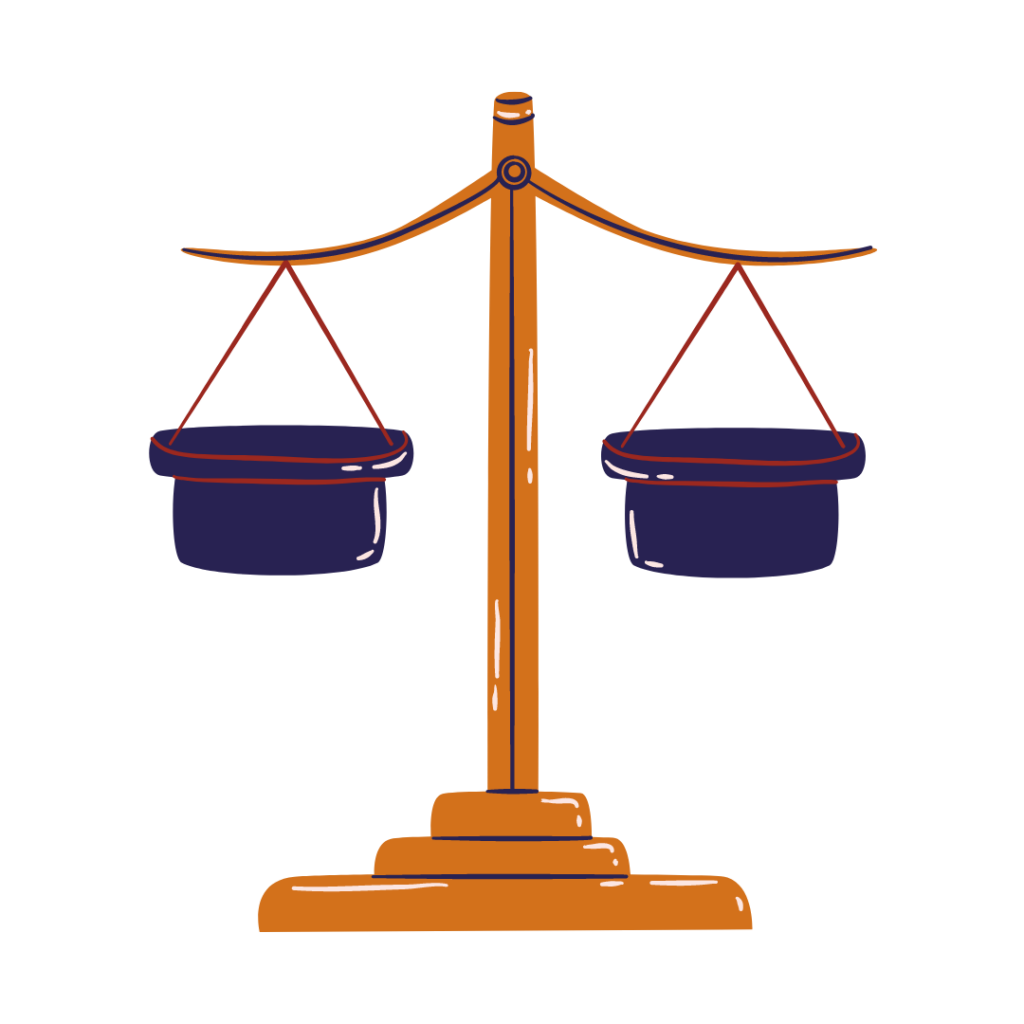



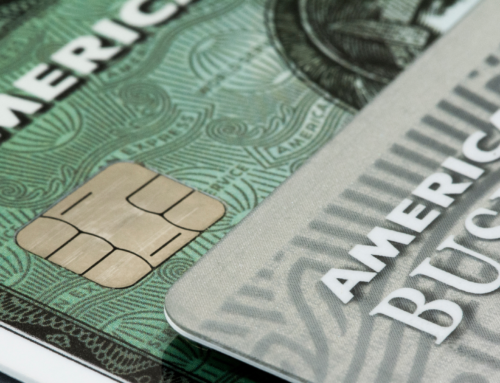
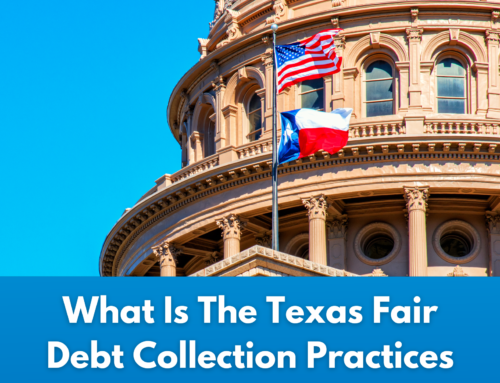
Leave A Comment